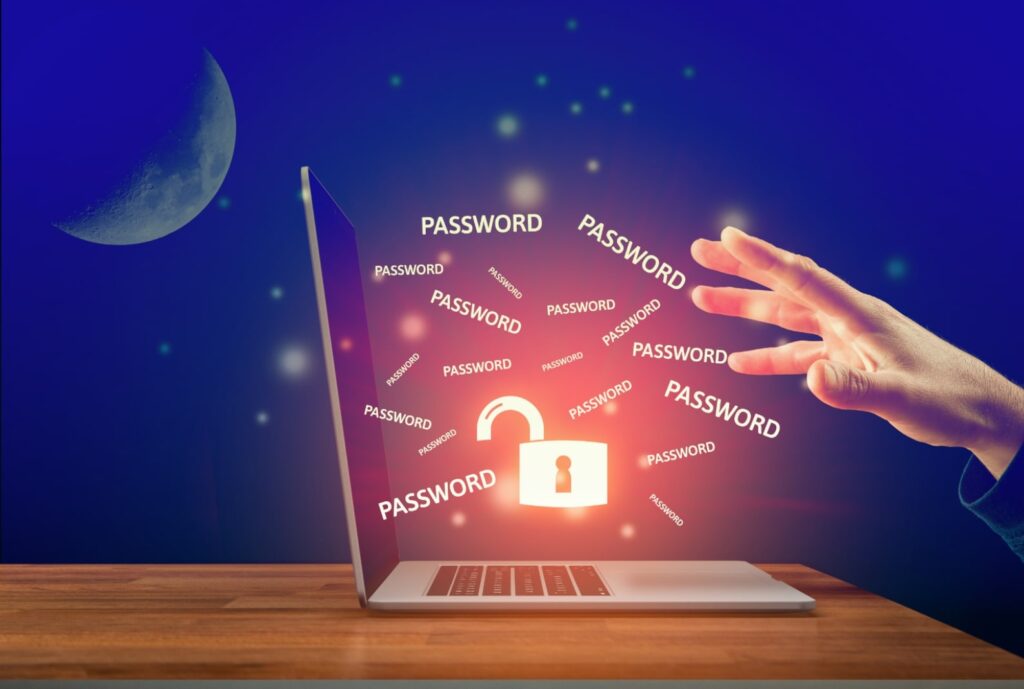10 Reasons Why Businesses Need Password Management

Password security is one of the most basic yet valuable aspects of protecting your business. Your company’s security relies heavily on the quality of your passwords and how you manage them. Therefore, people must choose strong, unique passwords and regularly change them to minimize the risk of hacking. That is why businesses need to choose […]
A Step-by-Step Guide to an Effective Digital Estate Planning

In our previous blog, we began talking about the digital assets of a business—what they are, why they are vital to the business, and how to protect them. We have also mentioned how important it is to protect them even after you, the business owner, have passed away, through effective digital estate planning. A digital […]
Protecting Your Business through Digital Estate Planning

Keeping your business protected is very important. But you should ask yourself if you have all areas covered. Security cameras and restricted entry areas are vital for protecting the physical location. To protect employees, implement all their necessary rights and privileges, and so on. All this is important, but one thing to prioritize as a […]
